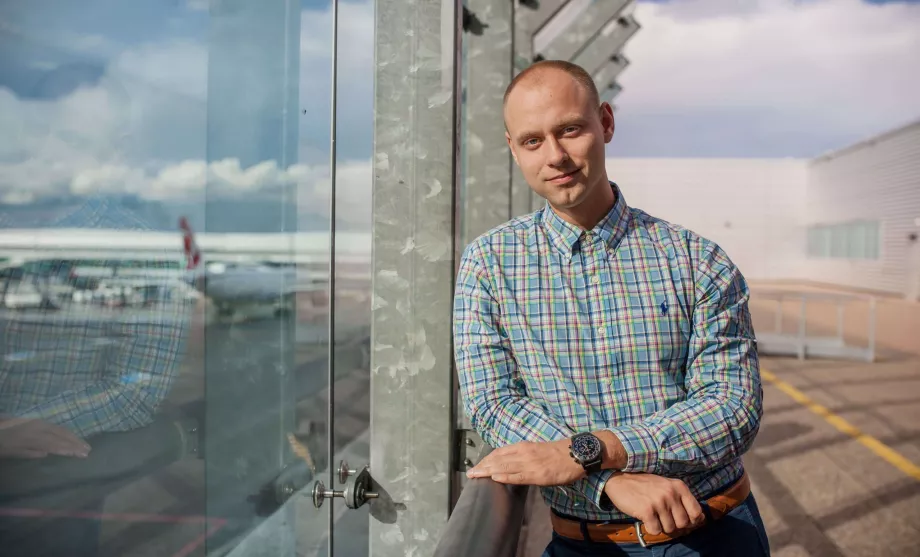Currency and prices in South Korea

What currency do you pay with in South Korea? How much do goods cost in a regular supermarket and how much in a restaurant? And how much does a week in the city cost? Find out in this chapter.
How much do hotels cost? Find out hotel prices now
Korean won
Payment is in Korean won, which includes both paper notes and coins. The won is divided into chons, which are hardly used in practice.
It is paid with coins and banknotes, with coins being worth 10, 50, 100 and 500. Paper notes then exist in denominations of 1,000, 5,000, 10,000 and 50,000.
The Korean won is written in everyday life with the abbreviation ₩, the international code for the won is KRW.
Foreign currencies are rarely accepted in Korea, and when they are, it is only US dollars. You can use them to pay for various trips with local travel companies, for example to the Demilitarised Zone.
Currency exchange and card payments
Korea is a very modern country, but card payments are not yet as widespread as in Europe or China.
Where can I pay by card?
You can pay by card in all supermarkets and mini-markets of the type, hotels, better restaurants and almost all sights. Conversely, you can't use your card on public transport, where you need cash in all Korean cities.
Even street food vendors and rural or cheaper restaurants usually don't accept cards.
When travelling by long-distance train, there are separate machines for Korean and foreign cards.
Most Korean payment terminals for foreign cards do not allow contactless payments; you must insert the card into the terminal the "old-fashioned" way.
ATMs
There is no shortage of ATMs in Korea. They are of course located in banks, which you will find everywhere in major cities, and ATMs are typically found in subway stations, supermarkets and grocery stores, train stations and airports.
What are the ATM withdrawal fees in South Korea?
Regardless of whether your bank charges for withdrawals at foreign ATMs, most Korean banks have their own fees for foreign bank card withdrawals. In most cases, this fee is around 3 500 krw regardless of the amount you withdraw.
However, there are banks that allow free withdrawals, for example:
- NH Bank
- KB Kookmin Bank
- Busan Bank
Exchange offices
You will only find currency exchange offices at airports, there are no specialised exchange offices on the street. However, you can of course exchange money at a bank.
Exchange rates at Incheon or Busan airports tend to be relatively favourable, and the best way to exchange dollars or euros.
Prices in South Korea or How much does it cost
South Korea is a relatively expensive country where prices can be compared to slightly above average prices in the European Union. However, it is cheaper than, for example, the USA or Australia.
Examples of prices
How much does basic food, tourist attractions or transport cost in South Korea? Check out the indicative price table.
Accommodation in a double room (prices per night):
- Cheap hotel with shared bathroom - from 35 usd
- Local 3* hotel - from 55 usd
- International 4* hotel - from 100 usd
- Search for accommodation in South Korea
Restaurant food:
- A hot main meal in a regular restaurant - 10 000 krw
- Menu at a fast-food restaurant - 8 000 krw
- Three-course menu for 2 at a better restaurant in the city centre - 50 000 krw
- Espresso or Cappuccino - 4 800 krw
- Water 0.33 l - 1 000 krw
- Fanta/Coca Cola/Sprite 0.5 l - 2 000 krw
- Draft beer - 4 000 krw
Food at the supermarket:
- Water 1.5l - 1 400 krw
- Packed baguette - 2 000 krw
- Coca Cola (and other sodas) - 1 800 krw
- Milk 1l - 2 600 krw
- Ice cream scoop - 1 000 krw
- Apples - 8 200 krw / kg
- Bananas - 4 400 krw / kg
Shipping:
- Public transport ticket - approx. 1 300 krw
- TMoney public transport card - 4 000 krw
- Price of petrol 1 litre - 1 700 krw
- Rent a car for the day - from 100 000 krw depending on the season length of the rental
- Compare Incheon airport car rental prices
Alcohol and cigarettes:
- Bottle of wine in the shop - 20 000 krw
- A can of local beer - 3 200 krw
- Cocktails at the bar - 8 000 krw to 10 000 krw
- A packet of cigarettes - 4 500 krw
Tipping and bargaining
Tipping is not common. Most larger hotels add 10% to your bill as a service charge. Taxi drivers appreciate it if you leave them change (jandon gajiseyo in Korean), but it's not an obligation.
It's polite to leave a small monetary donation when visiting a church or shrine, even though admission is free.
Haggling is not common in South Korean culture, even in marketplaces.
What to save on
When traveling in Korea, you'll save the most on two items: accommodation and transportation.
Many budget hostels operate in the larger cities with prices starting from 18 eur per night, and if you prefer traditional hotels, opt for local brands over international ones. You can save as much as 30% on the price.
Korea has a good network of public and long-distance transport and expensive car rental companies, so you'll save the most just by taking trains and buses instead of cars.
If you're travelling for more than a few days, it's definitely worth buying a Tmoney transport card, which you can then use to get small discounts. In Korea, you will always pay exactly the amount you spend. In cities, it's easy to save money just by walking.
Daily budget
The needs of travellers vary greatly, so here is just a general example of how much money to budget for a day in Korea. We calculate the prices in case you are travelling with 2 people and give the resulting value for 1 person.
You can get accommodation for 1 night in a 2-bed room in a decently rated 3* hotel for an average price of 48 eur. So for a day when travelling in 2 you will spend about 24 eur.
Transportation around the major cities will cost you about 6 000 krw, if you take 2 train trips from Seoul to Busan during your week stay, for example, prepare for about 130 000 krw. After budgeting your spending per day, we get to about 24 000 krw.
For one hot meal a day you'll pay around 10 000 krw, and together for breakfast, lunch and various snacks you'll pay another 20 000 krw.
Entrance fees to various sights, museums or viewpoints will set you back about 15 000 krw per day on average.
In total, the average traveller will pay about 115 000 krw.
Any questions left?
If you have any questions or comments about the article...

